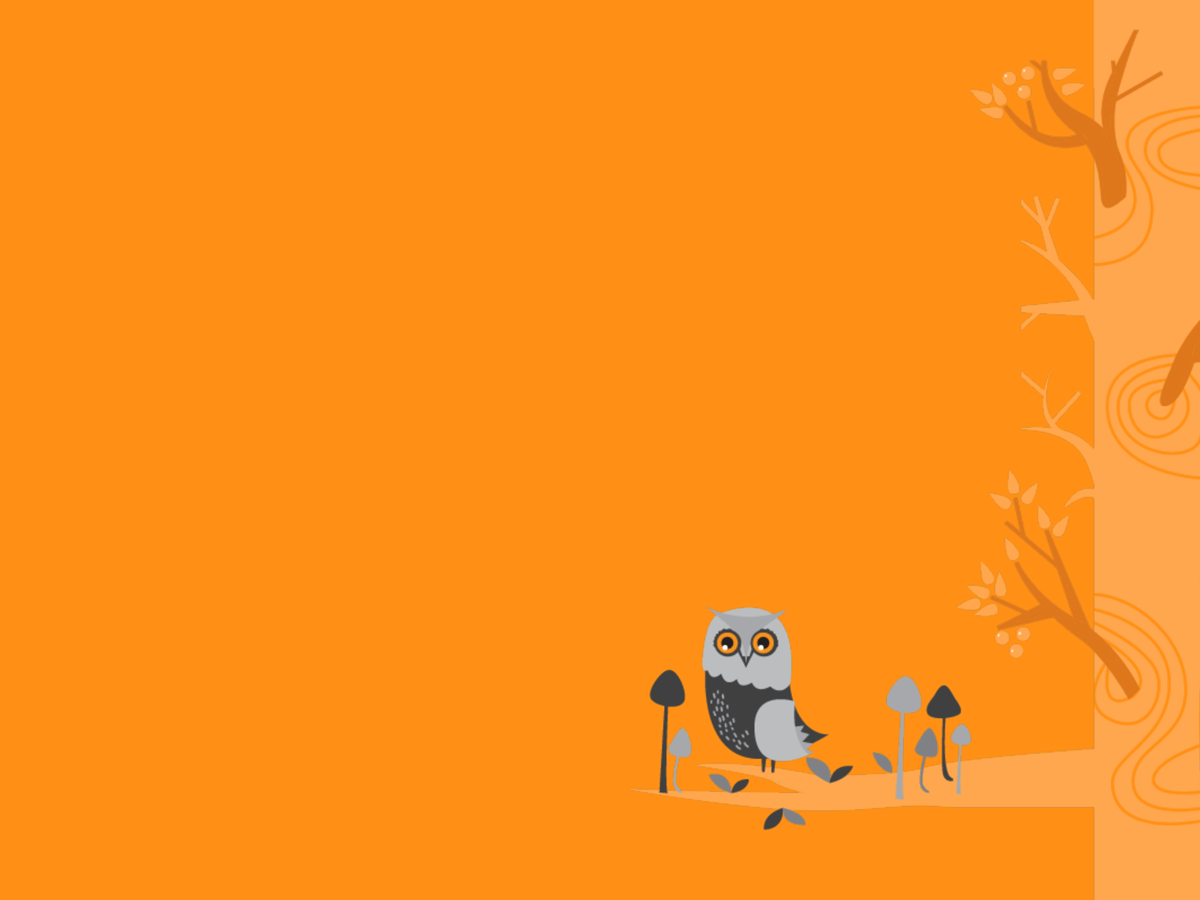International Resources
Five Essential Questions
Common Sense Media is an independent non-profit organisation that provides parents, teachers, and policymakers with unbiased information, trusted advice, and innovative tools to help them harness the power of media and technology as a positive force in all childrens’ lives. Use these five essential questions as a springboard, to help children, or anyone for that matter, dig deeper with even more critical questions of their own.
Five Essential Questions
TedEx: How to choose your news
How do we choose which news to consume?
In this 5 minute video, Damon Brown gives the inside scoop on how the opinions and facts (and sometimes non-facts) make their way into the news and how the smart reader can tell them apart.
TedEd: How do we choose which news to consume
News Literacy Project
Test and sharpen your news literacy skills with short activities, engaging quizzes and shareable graphics — for teachers as well as for learners of all ages.
News Literacy Project
BBC Helping Students Spot False News
A collection of resources from around the BBC to help students spot fake news and false information. The content explores the social, political and economic impact of news reporting, and the skills needed to analyse and critically evaluate information across a range of media.
BBC student resource
CRAAP TEST!
Librarians at California State University-Chico have come up with a memorable way to remind us that not all information is good information, especially in an online environment. The CRAAP Test is a handy checklist to use when evaluating information. CRAAP stands for Currency, Relevance, Authority, Accuracy, and Purpose.
CRAAP Test
Eight simple steps
The International Federation of Library Associations have produced an infographic with eight simple steps (based on FactCheck.org’s 2016 article How to Spot Fake News). The IFLA invites you to download it, print it, translate it, and share it to help spread the message.
Fact Check

![]()